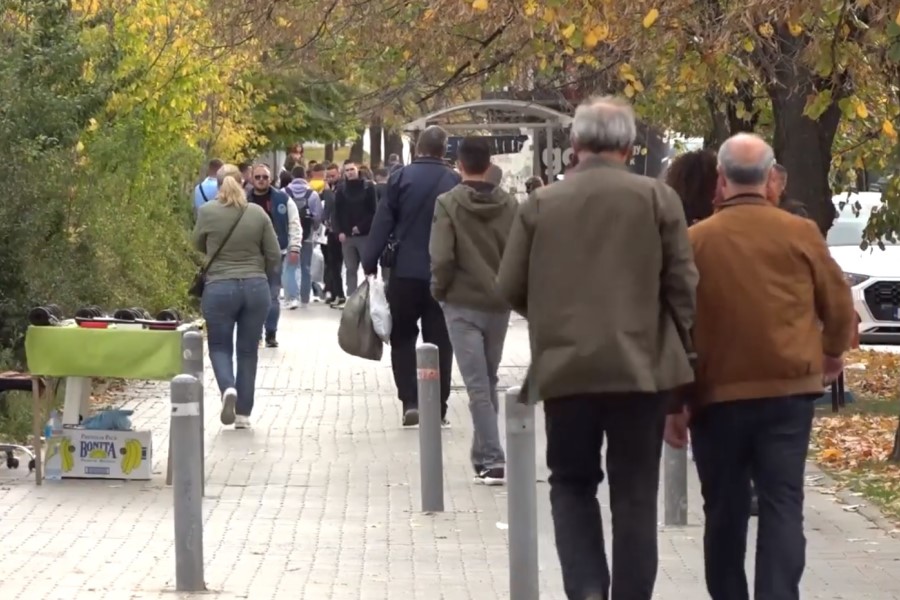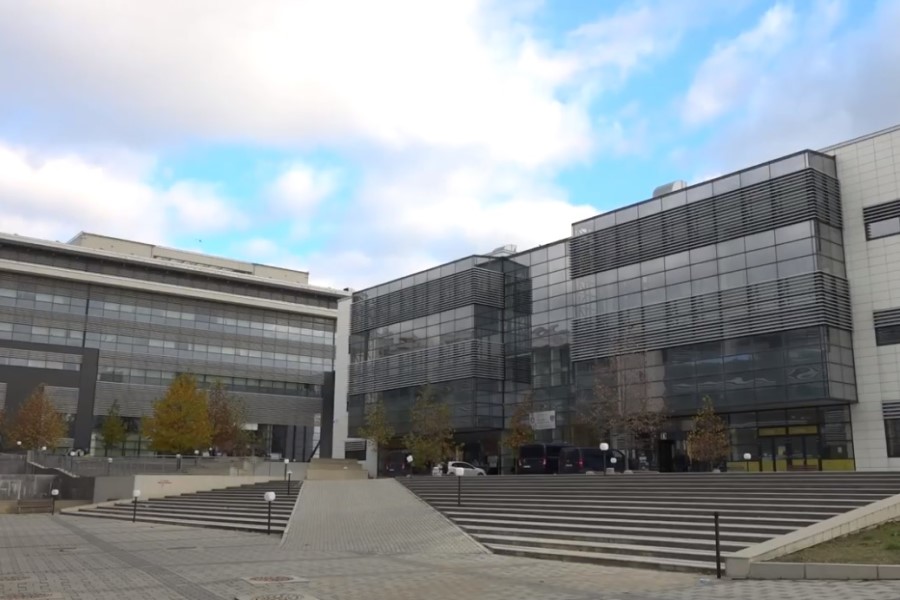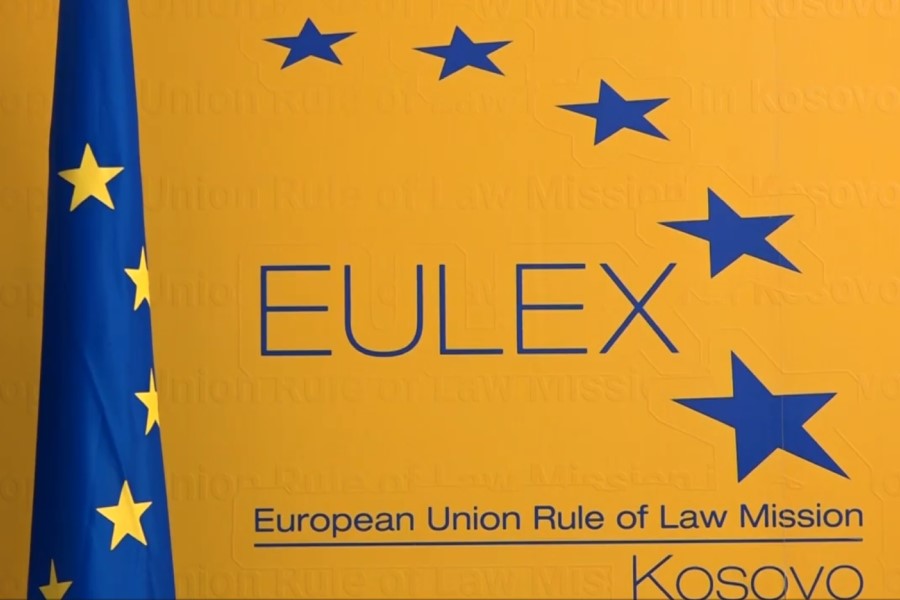Early in the morning, the sounds of hammer on iron bring life to the “Zahir Pajaziti” alley in Prizren. Amidst the old stones and ancient tools, a tradition that is slowly disappearing is being kept alive. The scent of fire from the forge signals the opening of Mensur Halabak’s small workshop in the center of the city.
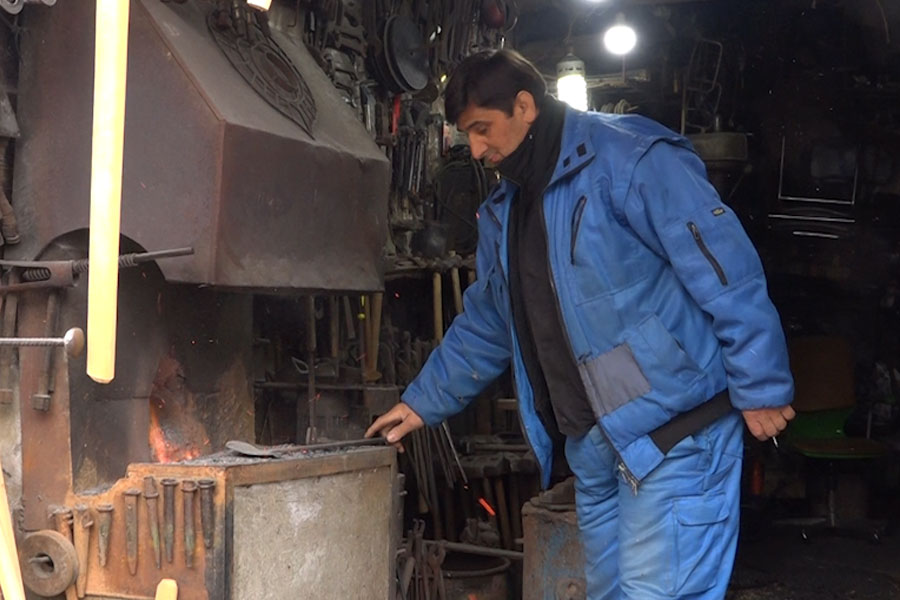
The 50-year-old from Prizren continues the craft of blacksmithing passed down through five generations. No two days are the same, but for 25 years, his commitment to his work has remained unchanged.
“This craft must be preserved, my father’s legacy must be kept, and to achieve this, we should move forward. This craft must also be utilized and developed to ensure it does not disappear,” he says.
His craft is no longer as sought after as it once was, but Mensur is convinced that for a long time, he will keep his workshop open on the alley near the city center.
“Today, there is no interest, this craft has declined. To move it forward, there must be investment, new techniques need to be adopted, and the craft needs to be developed… My father left us this craft, we preserve their legacy and continue to work. Every day we make a good living, I am happy with the results,” he adds.
Mensur is a well-known craftsman in the area, alongside other members of the Roma community in Prizren. They are all dedicated to preserving Roma culture and heritage.
In this regard, the oldest Roma organization in Kosovo, “Durmish Asllano,” which was founded in 1969, is working to maintain these traditions. Three years after its founding, the first magazine, “Fjala Rome,” was published, followed by the development of an adapted alphabet in the Prizren dictionary.
Originally a cultural-arts society, in 2001, it transformed into a non-governmental organization, says its leader, Fatmir Menekshe.
“‘Durmish Asllano’ was originally founded as a cultural-arts society in 1969, with the main goal of promoting Roma traditions, culture, and language. Through concerts, traditional dances, choreographies, traditional costumes, and songs in the Roma language, we aim to promote Roma culture, not only in Prizren but also in many festivals outside Kosovo. On the other hand, it has also been a strong voice, as there were not many political entities at that time,” says Fatmir Menekshe, director of the “Durmish Asllano” organization.
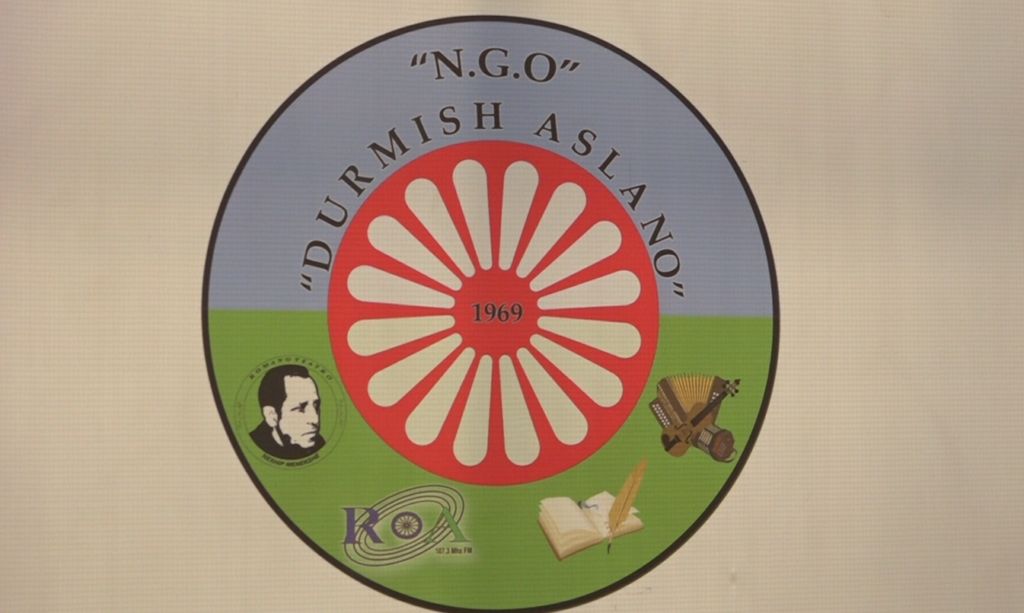
The promotion of Roma culture is done through activities at the Roma theater, publishing books in the Roma language, and the “Romano Avazo” radio station, which broadcasts 24 hours a day in the Roma language.
“In the last five years, we have started experimenting in theater with different genres, even though we are amateurs. We have experimented with experimental theater, and now we are working on one of the greatest playwrights in the history of dramaturgy, Bertolt Brecht, who founded epic and political theater,” he says.
Since last year, the non-governmental organization “Voice of Roma, Ashkali, and Egyptian” has been seeking to open a multicultural center in Pristina for the Roma, Ashkali, and
“The center will serve as a platform to showcase the culture, traditions, and history of the Roma, Ashkali, and Egyptian communities. It will host exhibitions, festivals, and other cultural events to celebrate and promote these rich cultures. The center will offer educational activities such as seminars, lectures, and workshops to inform the public about the history and culture of these communities. A library with various resources will be created to support education and research,” says the organization in its statement to KosovaPress.Egyptian communities.
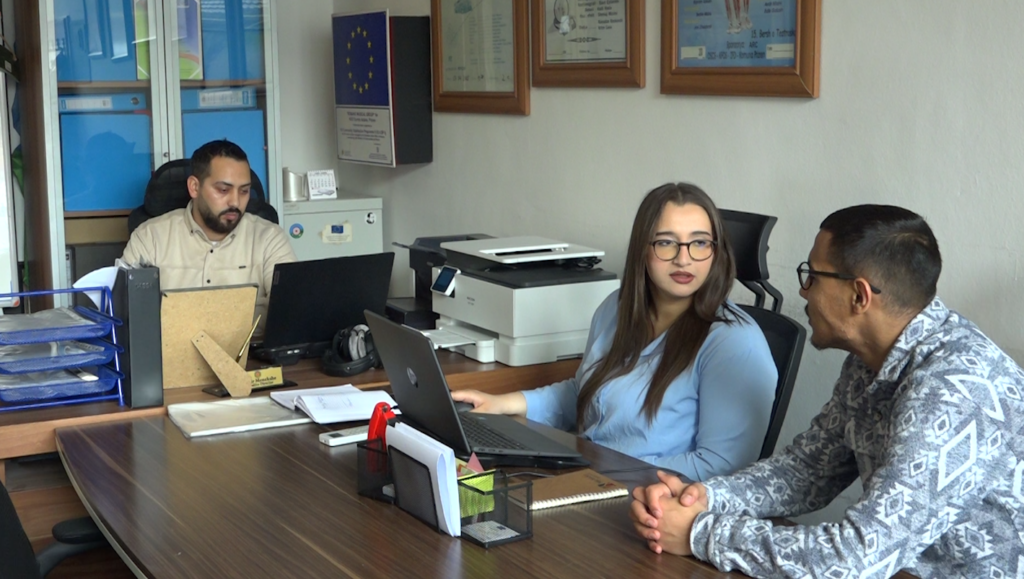
The request from VORAE states that this center will conduct research on the history and culture of the communities and will also create an archive to collect and preserve the stories, artifacts, and important documents of these communities.
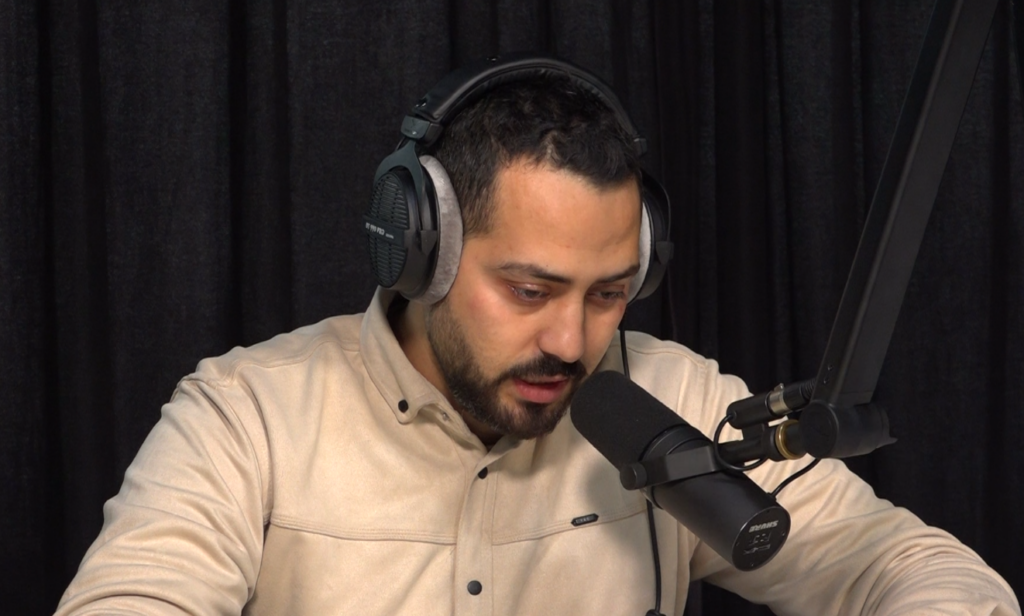
(This product was created in collaboration between CFID and KosovaPress. within the framework of the project: “Countering negative stereotypes about Kosovo Roma, Ashkali and Egyptian communities through media initiative” , which is funded by UNMIK)

